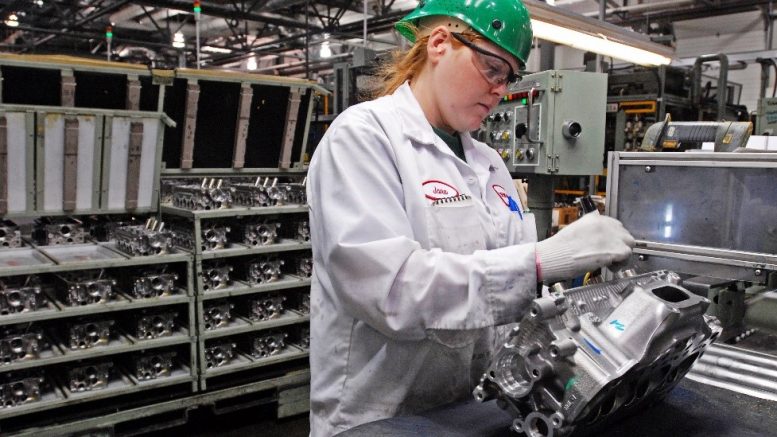Ask any manufacturing executive across South Carolina to name the sector’s most critical need and the answer is almost always, workforce.
No doubt, the state’s economy and manufacturing firms benefit from recruiting employment from all over the world and bringing them here to live, work and play. No doubt, the state’s learning institutions and technical programs are working alongside local and state government entities, economic development organizations and South Carolina’s largest OEM’s and their network of suppliers to ensure assembly lines don’t stop and in-state economies remain charged with local dollars.
But the workforce issues remain, and the state’s leading manufacturing executives are scrambling to pull the bulk of their talent from the cities and towns around their plants rather than relying on other ecosystems to create it for them. Essentially, manufacturers don’t want to entrust their future workforce to anyone who doesn’t understand their market.
“If business had an ecosystem, and if manufacturing was part of that system, then it must be organically sustainable,” said Eric Swanson, president at Wolverine Coatings Corporation in Spartanburg.
There is a shortage of skilled workers and a college loan crisis, while many skilled jobs pay more than those requiring a college degree, he said. For an economy to become stable, “we must intentionally cultivate people in the right proportions to fill the entire spectrum of jobs.”
And he’s right, for far too long parents around South Carolina have discouraged their high schoolers from a manufacturing career in favor of the four-year degree. Of course, that old stigma of “the dark, the dingy and the dangerous” wasn’t helping either.
But today’s version of the manufacturing facility is a clean-space, highly automated and outfitted with skilled hands.
 Ben Moore, CEO at tForm in Anderson, backs this up saying, “it is imperative companies work with area high school and college students through internship, apprenticeship and co-op programs to not only help them develop job skills needed for their firms, but as a means of exposing them to the sophisticated technology of the modern manufacturing company.”
Ben Moore, CEO at tForm in Anderson, backs this up saying, “it is imperative companies work with area high school and college students through internship, apprenticeship and co-op programs to not only help them develop job skills needed for their firms, but as a means of exposing them to the sophisticated technology of the modern manufacturing company.”
Data compiled by Deloitte and the Manufacturing Institute shows the industry will continue to suffer through 2025 with a shortage of two million workers.
In fact, “midsized manufacturers are being forced to turn business down because they can’t find people and equipment fast enough,” said Steve Ivester, a former Upstate manufacturing manager and the owner at Ideal HR in Greenville for more than two decades.
In addition to recruiting talent, simplifying the interview process, conducting salary assessments and coordinating background checks, it is vital a human resource company serving manufacturing in South Carolina benefit the firms wanting to grow, he said. By absorbing “profit robbing” administrative tasks, offering risk programs to ensure the safety of employees while training the staff on HR labor related topics to avoid lawsuits, the firm is better outfitted to become the difference-maker.
And most manufacturing firms are large, meaning the work and red tape involved in human resources can become a distraction and impact production.
“Between the complexities of daily administration, payroll, hiring, workers compensation, healthcare, tax laws and ongoing regulatory changes, it’s often better to shift some of the responsibilities to others who are more focused and more qualified,” explains Jason Premo, CEO of Acclaim Advanced Manufacturing in Greenville County.
“Small business owners are focused on a multitude of things, and unfortunately, we can find ourselves in trouble when issues arise,” he said. “Outsourcing to the right human resource firm can greatly alleviate some or all the legal liability while helping small companies maintain compliance.”
The South Carolina Manufacturing Extension Partnership (SCMEP), an organization designed to act as a resource to the state’s $34 billion industry, maintains the same position as the CEO’s in the boardrooms while utilizing a group of Lean Six-Sigma Black Belts and consultants to advise the sector on an array of business and marketing topics.
“State and federal laws are always moving and locating employees is only the beginning,” said Brian Kuney, a VP at SCMEP.
Part of quality human resources is keeping up with state and federal laws as it pertains to payroll and regulations, he said. “Manufacturers are in the business of building things and a tenured human resource firm with experience in the marketplace can make that process much easier work.”


Be the first to comment on "Hey! This team knows the business; Upstate manufacturers place value on tenured HR"